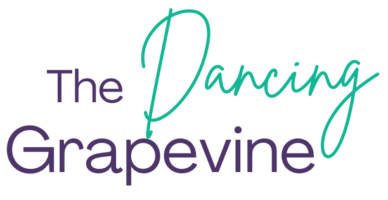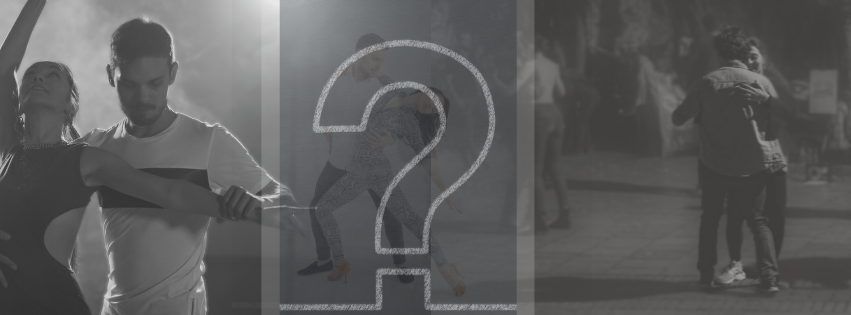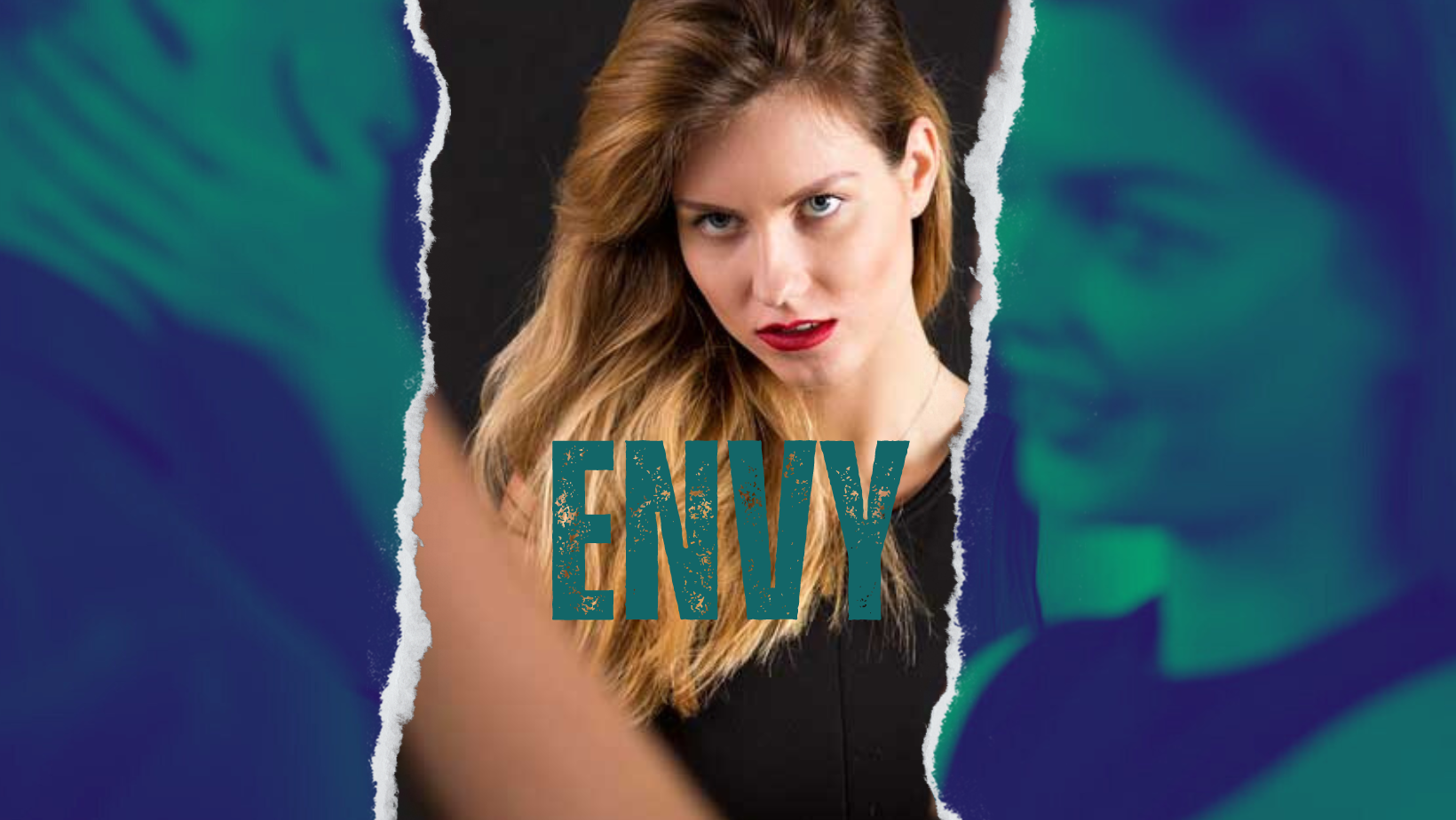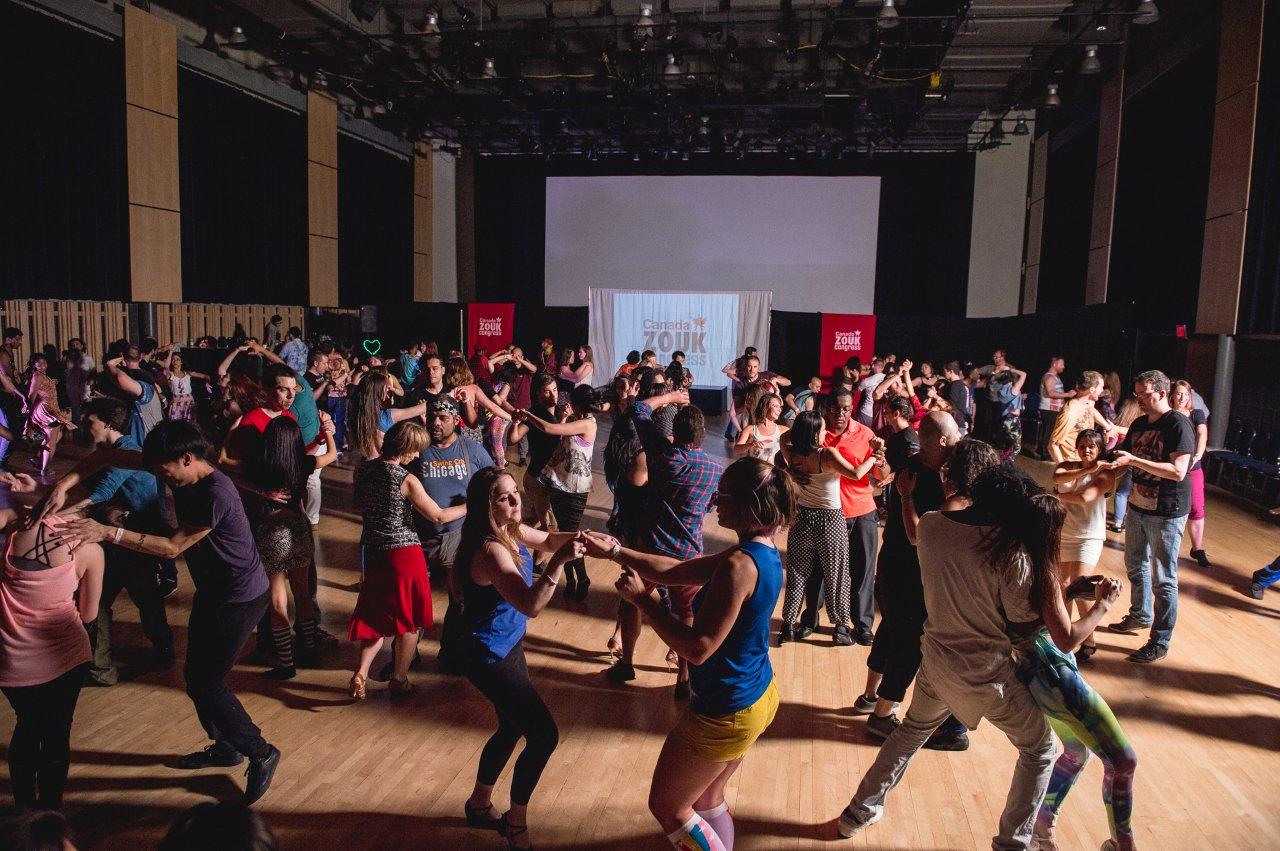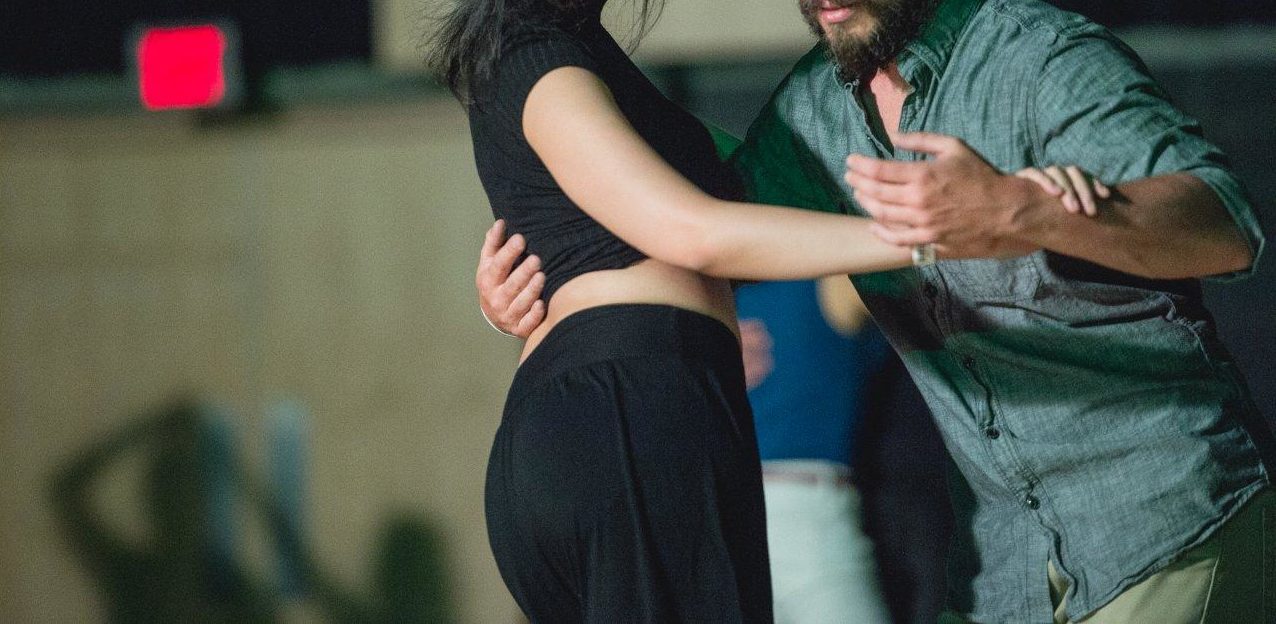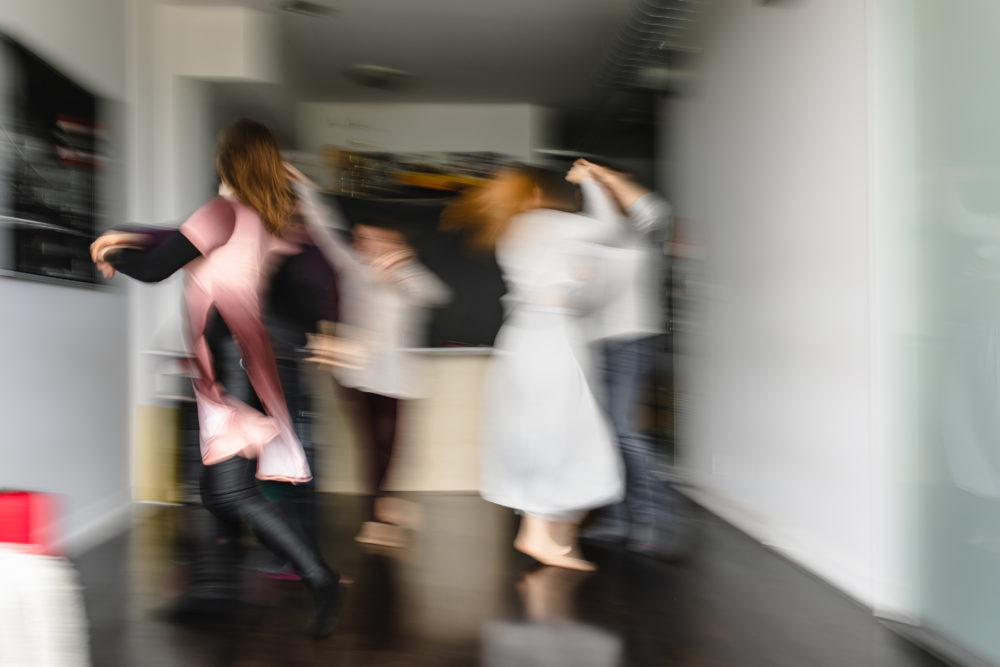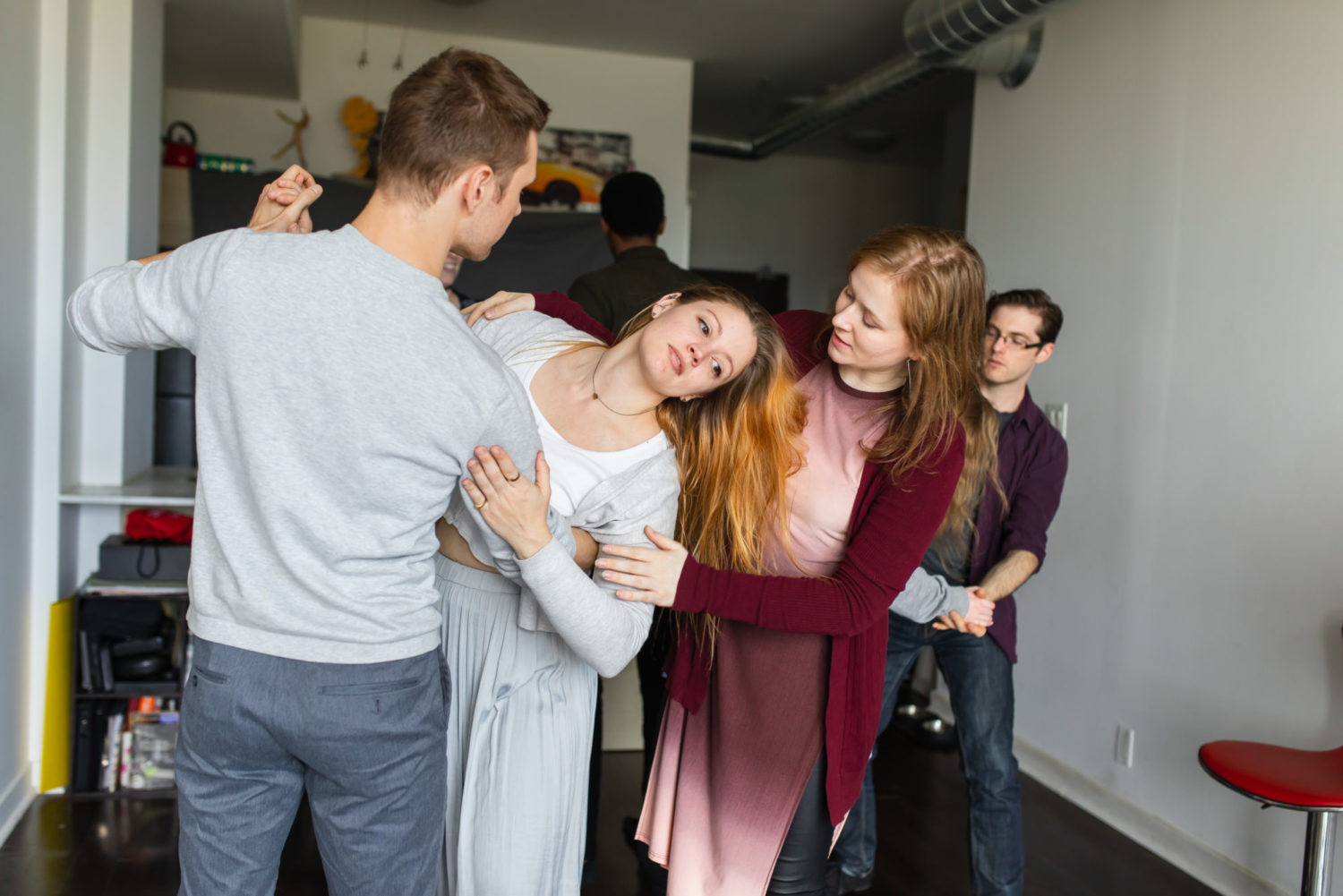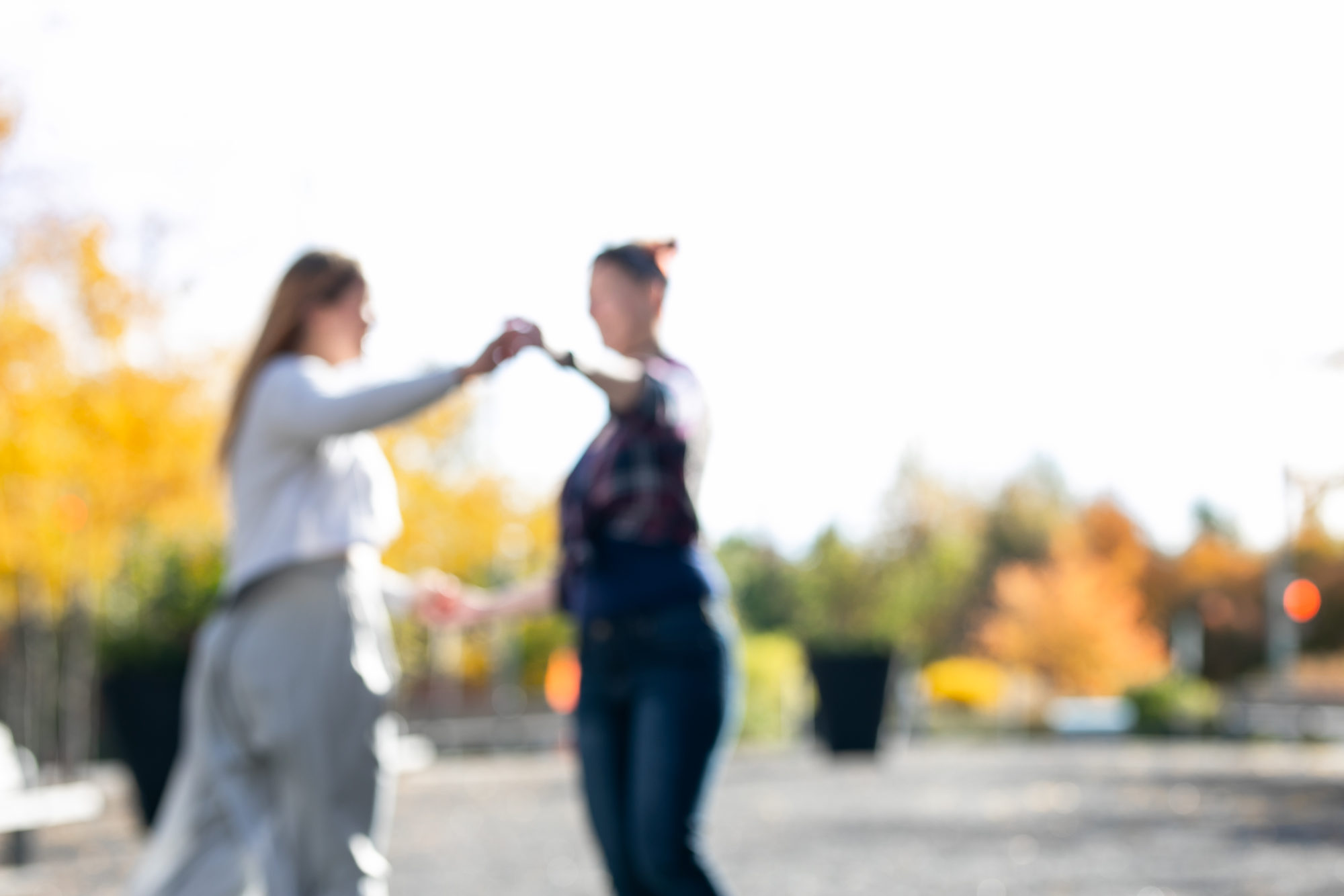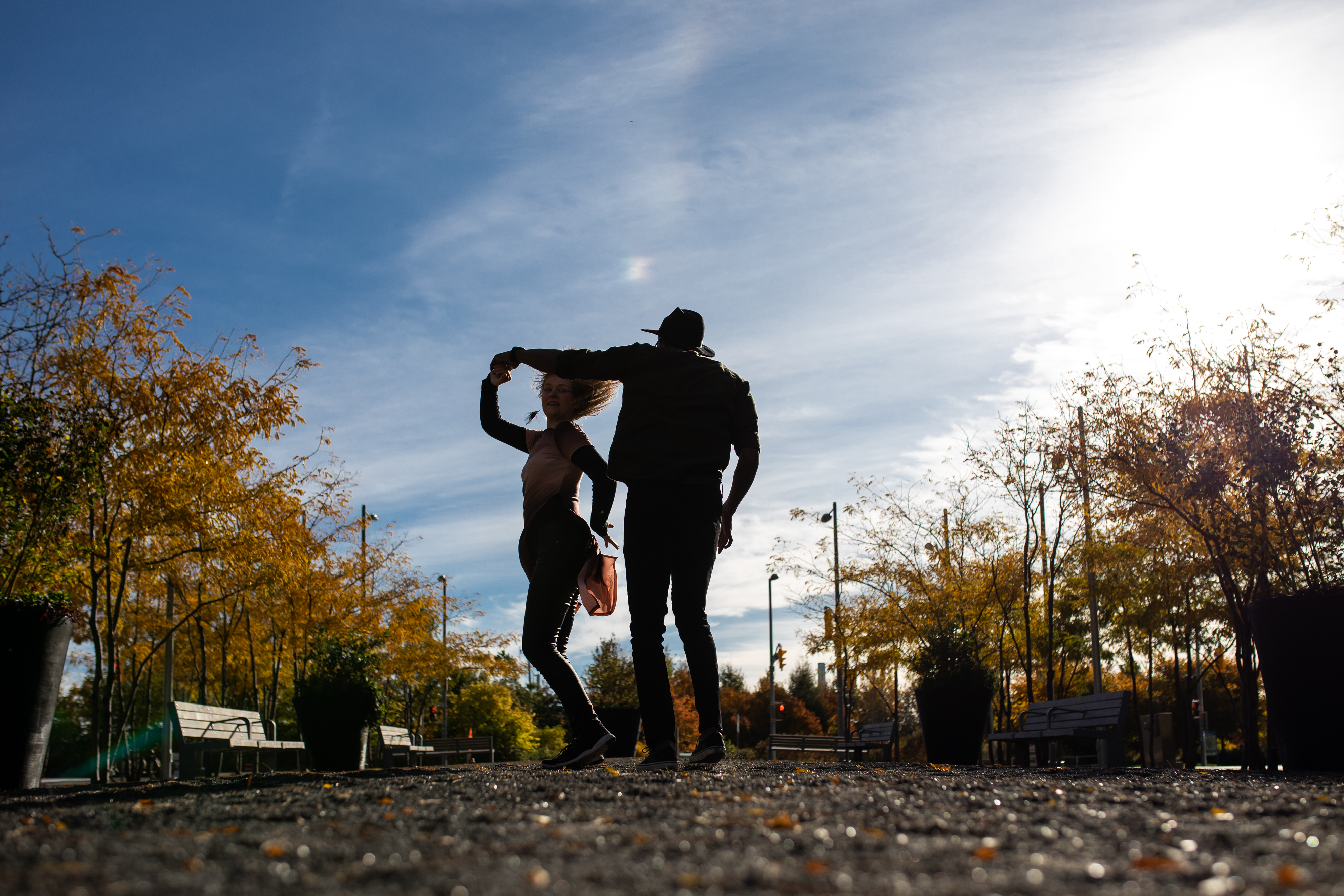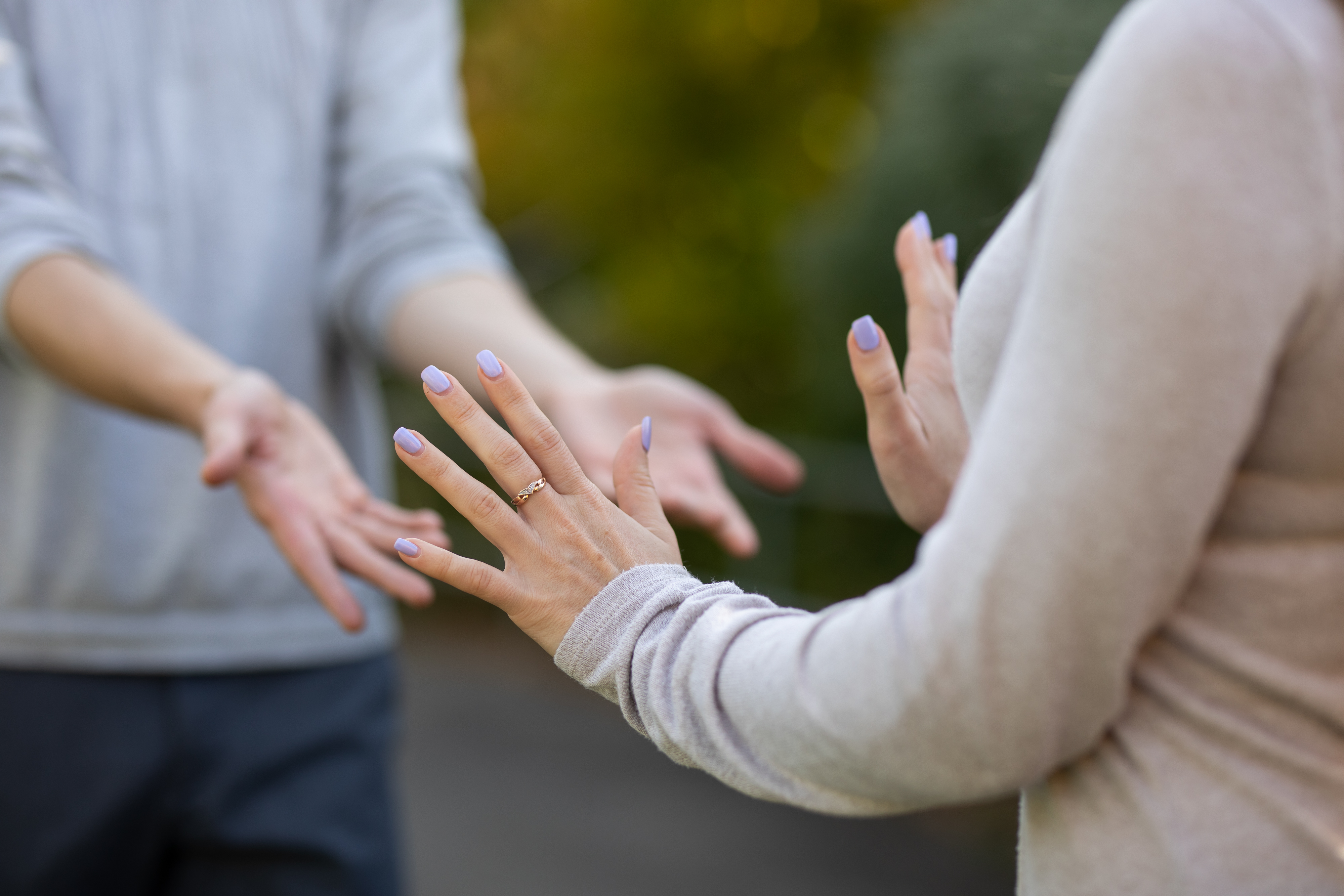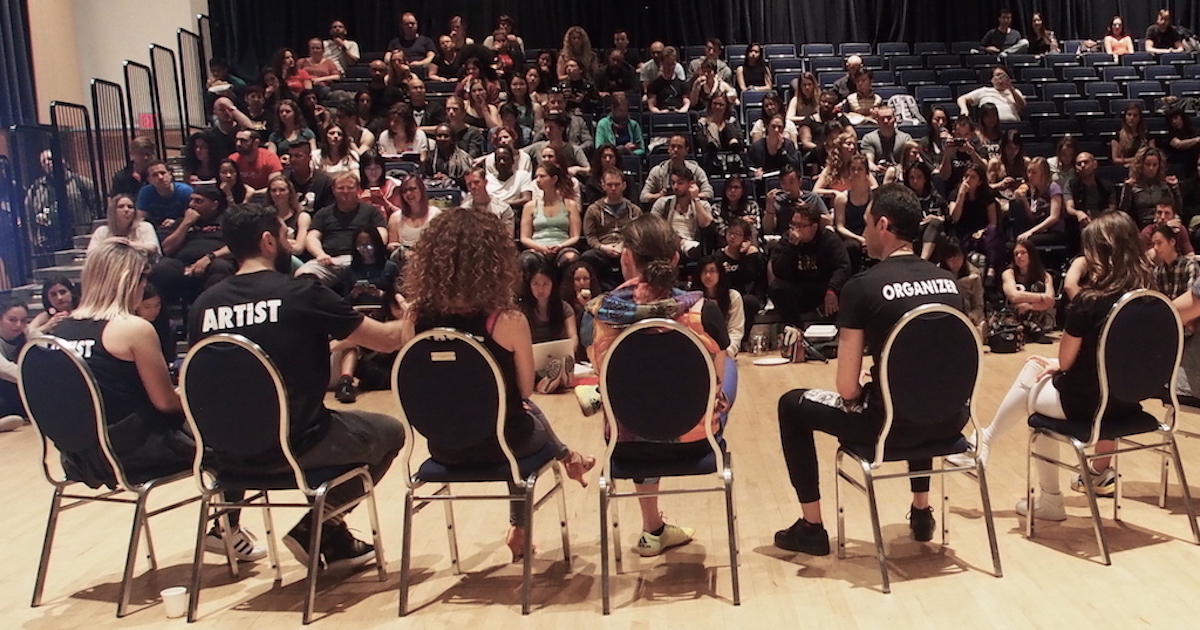Most social dance styles frequently discuss whether variations, changes, and interpretations are “authentic” enough to be considered the same dance. From West Coast Swing to Salsa, Bachata to Brazilian Zouk, it happens constantly – especially as dances evolve and change with time. On a basic level, we all agree that there is a line when a dance ceases to be that dance. For example, no one looks at ballet and says it’s Lindy Hop. Similarly, no one looks at Viennese Waltz and calls it Cumbia. The tricky part is trying to set out why the dances are different – and…
-
-
Dance can cause a lot of emotional responses. A lot of the time, we focus on the joy; sometimes we call these “dance highs”. But, every high has a low. One of those lows can be envy. What triggers envy? The triggers for envy can be subtle or obvious, and can look very different depending on the person. You might feel envy: This isn’t an exhaustive list; jealousy can take many, many forms. Sometimes, that envy can coexist with very real prejudices. For example, young women who are considered stereotypically attractive – especially if they are also a strong dancer…
-
There are so many events to choose from, which means there are some tough choices. For some attendees, part of that choice involves identifying organizers who appear to have the best interests at the community as part of their decision-making and planning. This list includes some of the things I consider to be good indications of ethical organization. While this list isn’t comprehensive, it includes some signs you can look for to get a sense for whether the organizer is building up and positively influencing the community. It also does not mean an event is unethical for not doing one of these…
-
Partner dance is a world where up-and-coming artists are plentiful, the competition is stiff, and opportunity limited. Much like many other artistic ventures, a small percentage of artists end up very successful – while many others struggle to get their break-through. When I’m acting as an organizer, I’m on the other side of the divide: a limited budget, limited space, and many, many great artists. So, how do I choose who to hire out of so many amazing options? Of note, this article focuses on my personal perspective on artist selection and does not speak for organizers as a whole.…
-
Recently, a Bachata DJ came forward with a post lamenting the use of they/them pronouns, followed by an extensive (and since deleted) posting about his deeper feelings. The initial post read as follows: Pronouns… It was either “he” or “she.” That’s how easy it was. Why is it not that simple anymore? In one sense – and only one sense – he is right: it was easier. It was easier to make assumptions about people, and sort them visually into categories. It was easier because it was the language we were educated in. It was easier because there was never…
-
In many partner genres, steal dances and three-way dances (or more) are becoming more popular. In others, stealing has been part of the groundwork of the dance since its very inception. But, with this growing trend and with the adoption of dances outside their home culture, there are considerations of consent, agency, and culture that need to be discussed to be sure that everyone is happy to be stealing. What are Steal Dances and Three-Way Dances? A steal dance is when partners trade each other with others. For example, a birthday dance where different partners enter and take over leading/following…
-
This isn’t the first time I’m writing about the underappreciation of follows – or the sexism that is so entwined with the concept. We’ve come a long way from when I first started writing about it around 2015/16. I wasn’t the only one writing about it, either. There were even research studies about the names of the roles. For example, I hear the term “just follow” much less – though it still happens. I’ve also seen teachers try much harder to include followers in the content of their classes – at least in the styles that I dance. But, we still…
-
You likely love to dance. I do too. Like you, I am eager to get back to social dancing – but first we need to talk about deciding when to start dancing again that factors in vaccination and variants. Let’s talk about suggestions for organizers that can help minimize infection risks for attendees. Some of the strategies we will examine include requiring vaccination, holding events outdoors, improving ventilation, and symptom screening or rapid-testing. Acknowledgement First and foremost, I want to acknowledge the privilege of having access to vaccines. Many communities around the world, particularly in the global south, may not…
-
For a lot of the world, the return to “normal” has been slow. For those of you that are in places where dance has returned, I’m so happy for you – and a little jealous. During this time, a lot of us have used this opportunity to think about the ways our communities can do better, and found quite a few. This list is a series of 9 small changes our communities can make to do better. Some are more applicable to organizers; others can be done by anyone. When reading this list, I want you to keep in mind that doing some…
-
Hello all, It’s been a while. For most of us, we’re still grappling with the effects of COVID-19 on our communities. My own city is still in lockdown; I’ve barely danced for a year. That year has given me a lot of time to reflect on both how dance has been an important and fulfilling part of my life – but also the parts of me that have suffered or been exacerbated by the pressures I put myself under within the context of social dance. This reflection has led me to a conclusion that may strike some as controversial: Dance is not…
-
At the onset of the pandemic, we reached out to an amazing practising physician who provided her insights about COVID-19 and its potential interactions with the dance community. As time has worn on, many of us have done the responsible thing by following local health guidelines. But, for many, there are still many questions. Questions I am in no way qualified to answer – but a physician can. So, here are some of the questions I’ve heard in the last few months, along with Dr. Hsu’s responses (as well as my own commentary, where indicated). “I’m reading a lot of…
-
Las comunidades de baile han tenido muchos problemas con la falta de profesionalismo o el mal comportamiento. A pesar de los mejores esfuerzos, estas situaciones siguen sucediendo. A veces, las páginas anónimas publican cuentas anónimas; a veces las cosas se dejan debajo de la mesa. Algunos organizadores y líderes de la comunidad tienen sistemas para abordar este tipo de comportamiento; otros, se sienten abrumados por el conflicto de interés que incluyen desde las amistades, los negocios y la moral. He perdido la cuenta de la cantidad de veces que varias personas han sugerido líneas de teléfonos directas, cuadernos o pizarras…
-
A comunidade da dança tem tido problemas relacionados ao comportamento problemático ou à falta de profissionalismo por parte de alguns indivíduos. E, apesar de todo o esforço da comunidade, essas questões continuam acontecendo. Às vezes, páginas anônimas publicam postagens relatando esses comportamentos; às vezes, tem gente que tenta varrer a sujeira para debaixo do tapete. Alguns organizadores e líderes de comunidades têm os meios para resolver essas questões de comportamento; já outros, se vêem sobrecarregados por conflitos morais, de amizade ou de negócios. Eu já perdi a conta do número de vezes em que as pessoas me sugeriram a criação…
-
Dance communities have had many issues with problematic or unprofessional behaviour. And, despite best efforts, unprofessional situations keep happening. Sometimes, anonymous pages publish anonymous accounts; sometimes things get swept under the rug. Some organizers and community leaders have systems for addressing problem behaviour; others get so overwhelmed because of their conflicting friendships, business, and morals. I’ve lost track of the number of times various people have suggested hotlines, anonymous tip charts, and more as a way to combat this. They’re all noble ideas, grounded in a good place. Managing professional behaviour in dance is hard. We don’t have any enforcement…
-
Editors Note: This article is designed to be read start to finish the whole. way. through. 😉 We all love dancing! But, sometimes it’s hard to pinpoint why. Luckily, studies can tell us exactly why dance is the best hobby to have for your health, well-being, and community. #1 – Dance Beats Brain Disease Social dancing is the best activity for slowing down dementia – it was scientifically proven! In fact, dance is 76% effective at preventing dementia. That’s how powerful the rapid-fire decision makers in social dance – and especially for followers – is. I come from a family…
